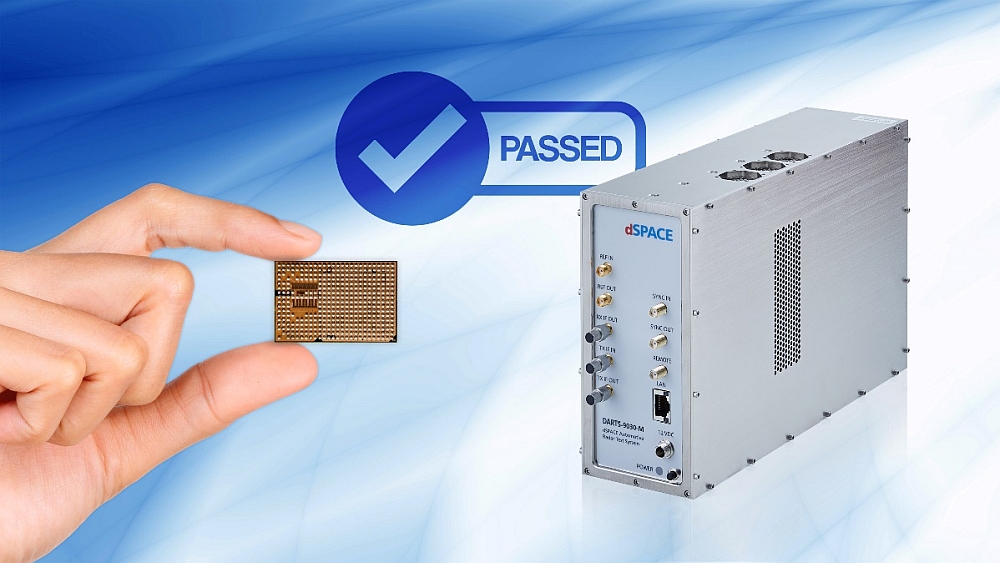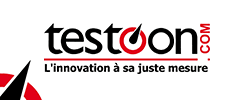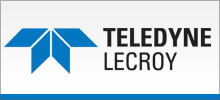- Texas-based Uhnder and Germany’s dSpace announce their cooperation in the development of radar sensors that meet the safety and performance requirements of autonomous vehicles.
In order to ensure flawless safety, automotive radar sensors must detect their environment in great detail and reliably and be free from interference and disturbances that can occur in a real environment.
To meet these requirements, Uhnder has developed a digital radar integrated on a single chip (Radar-on-Chip – RoC). This digitally modulated 4D radar chip consists of 192 virtual channels on a single chip. This improves the detection range as well as the angular resolution. This solution also enables the separation of small radar reflectors from larger ones in the vicinity.
During the development phase of this radar chip, the Texan company relied on the German company’s automotive radar target simulators to subject the sensors whose signals are processed by this modulation technique to the most realistic tests possible in order to validate the operation of these sensors and start their series production.
“dSpace’s radar test systems allowed us to study interference between radar systems and to advance our solutions in as realistic an environment as possible,” said Ralf Reuter, Director of Engineering and Applications at Uhnder.






